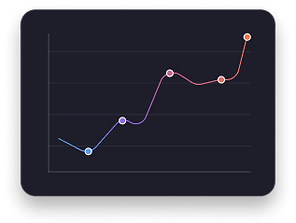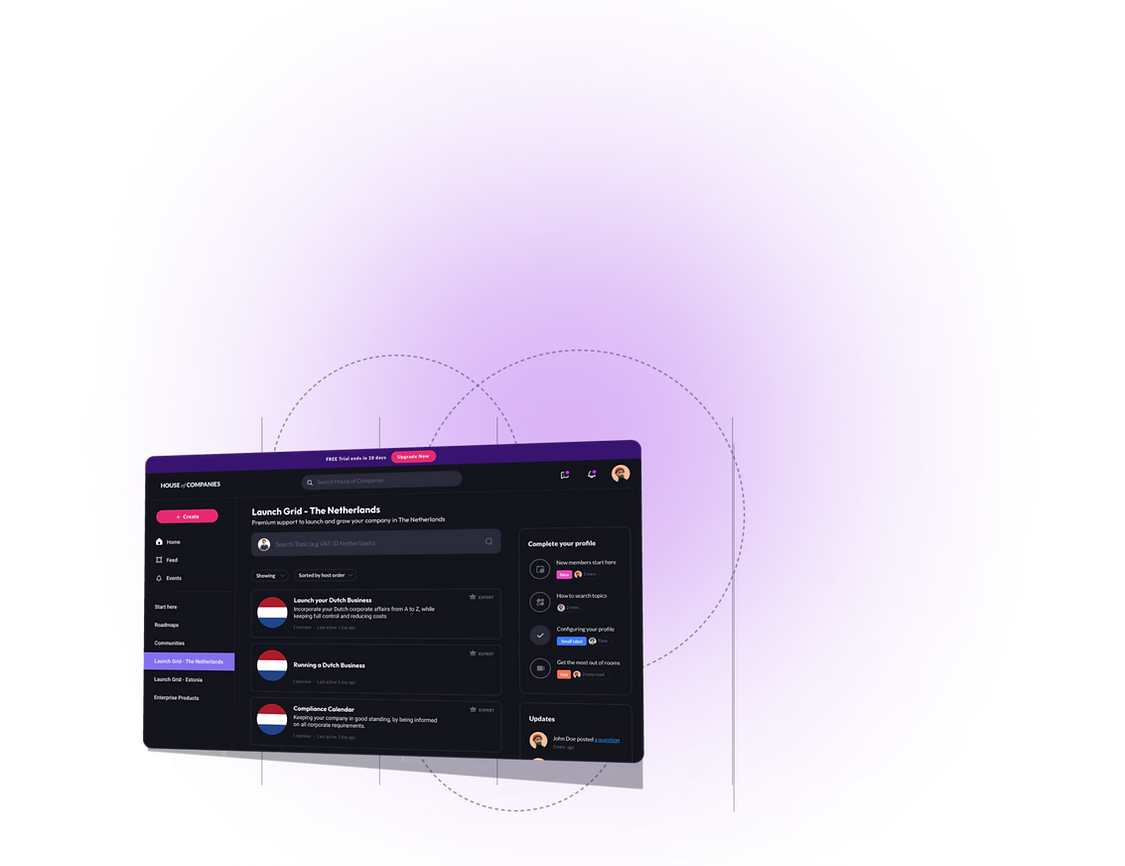You are in the correct location to obtain a German Value Added Tax number. Should your company operate here, you will need this number to ensure you apply VAT on your sales and respect tax laws. Don’t panic if first the application process looks demanding. We will assist you to sort things out.
To obtain your VAT number, you must execute some simple tasks and compile some pertinent documentation. Making sure your company satisfies German criteria will help you to be ready for success. Let’s help you as much as we can!

Value-Added Tax, also known as VAT, is a straightforward consumption tax levied in Germany on goods and services sales. Currently, the usual VAT rate is 19%. On the other hand, you will only have to spend 7% for necessities like food, tools, and medical supplies. You must register for VAT if your company offers goods or services that are subject to German taxes. This applies to both international and German businesses.
If your abroad company deals with German consumers and does cross-border commerce inside the European Union, you will need a VAT number. Apart from being a formality, registering gives you the authority to charge VAT on your goods and services. Without it, you run the danger of having noncompliance fines destroy your company. By doing this, you will guarantee your confident and effective operations in the German market.
It is crucial for businesses to determine the correct VAT rate applicable to their products or services and to apply this rate when charging customers.
You must take care of your VAT obligations as soon as you receive your VAT number. This implies that you must charge VAT on all sales, file your VAT returns on schedule, and maintain thorough records of all transactions. If you fail to perform these things, you risk punishment and fines. Make sure you’re following the regulations by acting immediately rather than waiting for issues to arise!
All taxable sales of products and services must be subject to VAT once you have obtained your VAT number. It is imperative that you implement the appropriate VAT rate, which is either 19% or 7%, and that the VAT amount is clearly displayed on each invoice that you send to your clients.This promotes regulatory compliance and guarantees transparency. By adhering to these procedures, you can optimize your sales process and establish the confidence of your clients.

Invoices should include the following information:
When engaging in B2B transactions within the EU, it’s crucial to understand how reverse charge mechanisms can impact you. This process shifts the responsibility of VAT reporting from the seller to you, the customer. To ensure clarity, sellers will clearly state “reverse charge” on your invoice.
By being aware of this mechanism, you can streamline your accounting and ensure compliance with VAT regulations. Remember, it’s all about making your transactions smoother and more efficient!
The VAT return (Umsatzsteuervoranmeldung) must report:
You have to give the extra VAT to the tax authorities when your business makes more from sales than it spends on goods and services. Plus, if the VAT you paid on something goes up more than the VAT you get back, you can get a VAT return and get your money back. Not only does knowing these steps keep you in line, but it also helps you make the most of your cash flow.
Make sure you pay your bills on time if your company is registered for VAT in Germany. This implies that, depending on the size and revenue of your company, you must file your VAT returns on time, either monthly or every three months. Adhering to the regulations facilitates not only your financial life but also helps you avoid fines. Let us ensure that you can effortlessly fulfill these requirements!

Apart from your usual VAT returns, you have to complete the yearly VAT return (Umsatzsteerklärung), which records every VAT transaction for the year. This crucial record lets you find out whether your VAT returns sent monthly or quarterly match the actual amount you owe for the year. Maintaining compliance and preventing issues depend on accurate validation of this return.
Every year, you have to send in your VAT report by May 31 of the following year. Do not worry if you need more time; extensions are available if you ask for them. This process will be easy for you because we’re here to help!
German tax law says that you have to carefully record all deals that involve VAT for at least 10 years. This means keeping all of your bills, records, and other important papers related to your purchases and sales. By staying prepared and following the rules, you keep your business safe from possible audits and make sure everything runs smoothly. Remember that having good records is not only the law, it’s also important for your success!
Maintaining precise records is crucial for staying compliant with VAT regulations and effectively managing your VAT returns. If you undergo a tax audit, tax authorities will likely want to review these records to ensure your VAT filings are accurate.
If your small firm is expected to make less than €50,000 this year and made less than €22,000 last year, you are eligible to apply for the small business exemption. VAT will not need to be added to your sales, which will simplify your pricing and keep you competitive. However, bear in mind that you will not be eligible to receive VAT refunded on the items you purchase if you select this exemption.
Many businesses in Germany must apply VAT to their transactions. However, you may qualify for specific exemptions or special schemes tailored to your type of business or the services you provide.
The way VAT is handled in cross-EU commercial transactions mostly depends on whether the buyer and seller are both registered for VAT. The reverse charge mechanism usually kicks in, shifting the burden of reporting and paying VAT on the buyer. This will simplify things for you because the seller won’t put VAT on the invoice.
Businesses with tight links, including parent firms and subsidiaries, can form a GST/HST group in Canada. They can file a single tax return, which simplifies handling your tax obligations. By reducing your reporting process, you will be able to focus on building your business rather than dealing with paperwork.
You have to know how to handle your continuous VAT obligations and register for a VAT number in Germany if you wish your company to grow. This guidance simplifies and clarifies the several processes. Following these procedures guarantees that you follow the VAT regulations and lowers your risk of being fined or having to wait more than is necessary. Whether your company is big or little, you absolutely must have a VAT number if you want to conduct business in Germany. Allow us to help you to expand your company.
A VAT number (Umsatzsteuer-Identifikationsnummer) is a unique identifier for businesses that are registered for value-added tax (VAT). You need one if your business sells goods or services subject to VAT in Germany, allowing you to charge VAT and reclaim any VAT you’ve paid on business expenses.
If your business generates revenue above the small business exemption threshold (€22,000 in the previous year or €50,000 in the current year) or if you’re engaging in intra-community trade, you must apply for a VAT number.
You will typically need to provide your business registration documents, identification (such as a passport or ID card), proof of your business address, and any other relevant financial documentation.
You can apply for a VAT number by submitting the application form (Fragebogen zur steuerlichen Erfassung) to your local tax office (Finanzamt) in Germany. The form can usually be completed online or in person.
The processing time for a VAT number application can vary, but it typically takes 2 to 4 weeks. Delays may occur if your application is incomplete or if additional information is needed.
Yes, foreign businesses can apply for a VAT number in Germany if they are conducting taxable activities within the country. You may need to provide additional documentation, such as your company registration details from your home country.
Germany has a standard VAT rate of 19%. A reduced rate of 7% applies to certain goods and services, such as food, books, and public transportation. Be sure to classify your products or services correctly.
Feel welcome, and try out our solutions and community,
to bring your business a step closer
to international expansion.

Got questions?
Lets talk about your options
Stay updated with the latest news and exclusive offers. Subscribe to our newsletter for regular insights delivered to your inbox!